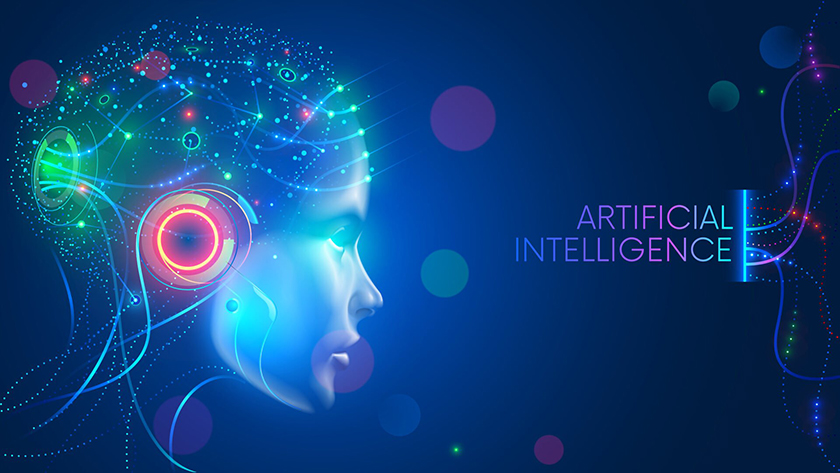Today’s dynamic field of UX research is evolving in response to technology, user behavior, and business needs. In order to stay ahead, the UX research community will continue to push boundaries and influence product design, elevating the overall user experience and, ultimately, the success of businesses worldwide. From cutting-edge technology innovations to more inclusive user-testing, our in-depth analysis will equip you with valuable insights to optimize your strategies for maximum impact.
AI and Machine Learning
Artificial Intelligence (AI) and Machine Learning will continue to help take shape in order to analyze large amounts of data more efficiently and effectively, as well as identify patterns and derive insights that can be used for design improvements.
Rapid advancements in AI technology will capture new help augment UX researchers in identifying user behaviors, and sentiments and insights at a much faster pace. This will promote more informed designs that will yield improved directions and better user experiences, leading to increased user satisfaction and loyalty.
However, UX researchers must be keenly aware of potential biases that AI algorithms may replicate in the outputs due to prompt driven interfaces that AI is trained on.
VR, AR, and Web3 research
With the growth of Virtual Reality (VR), Augmented Reality (AR) and Web3 technologies will allow UX researchers to increasingly explore the unique challenges and opportunities presented by these immersive environments for emerging future user experiences.
So, how do they differ? VR uses technology designed to make you feel immersed in a digital space whereas AR tech is more device-agnostic, where it can be achieved with glasses or headsets.
Also with the average smartphone, AR will get to the point where it will be able to leverage different capabilities to deliver a personal, timely experience that changes all the time based on who you are and where you are located. UX research methodologies for VR and AR require user interaction considerations with physical devices as well as digital interfaces.
As many brands are exploring representation of their products in the Metaverse, UX research becomes essential to measure user behavior, expectation, motivation and satisfaction of these new environments.
The World Wide Web is now in it’s 3rd Iteration
As we have seen, the world wide web has continued to evolve over the years from Web 1.0, 2.0 and now 3.0
Similar to how smartphones became the new trend in the late 2000s, the introduction of XR, Web 3.0 and other technologies are transforming how we live, work, and play. Now, users can engage, interact, and exchange in ways never before imagined.
By SHARON RAHMANIAN, Founder & CEO – User Experience Research, OneSource Labs





Follow us